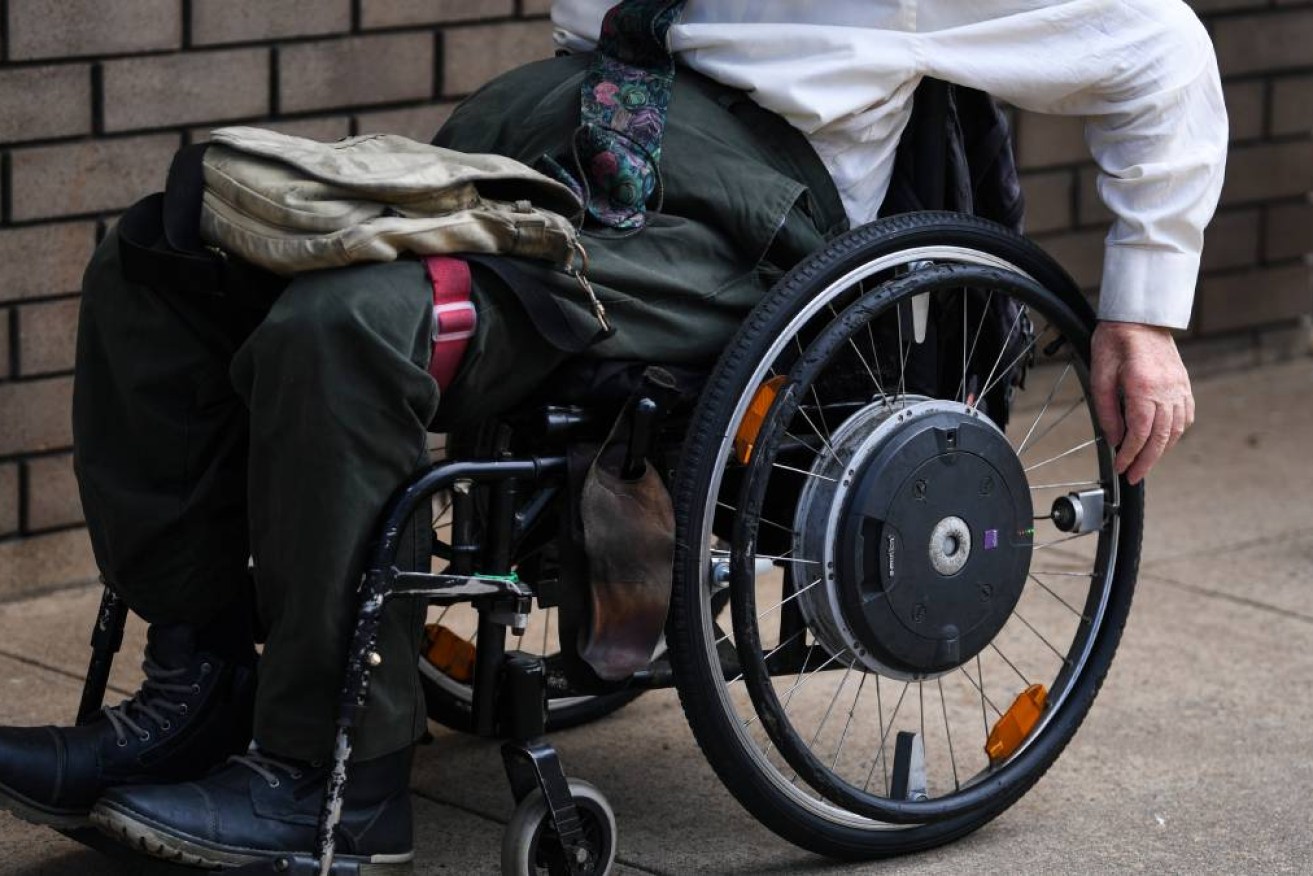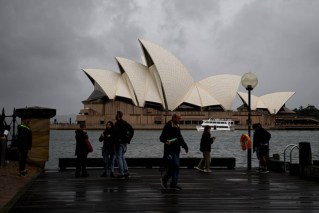Govt asked to ‘sit with’ shame and discomfort from disability findings

The government has unveiled the long-awaited findings of the disability royal commission. Photo: AAP
Many Australians are in for a “massive shock” when the government unveils the long-awaited findings of the disability royal commission.
After more than four years of work, the final report will be released to the public on Friday.
Though she doesn’t yet know the contents of the report, People with Disability Australia board president Nicole Lee says they will not surprise those living with disabilities.
“This report is going to come as a massive shock to people, but it’s not going to come as a shock to disabled people – we know what we’ve lived with,” she told AAP.
Through written submissions, private sessions and public hearings, commissioners have heard from about 10,000 Australians who shared their experiences of violence, abuse, neglect and exploitation.
Disability worker and People with Disability Australia board member Clare Gibellini was one of them.
“I was incredibly nervous about possible repercussions, about reliving some of the things that I’ve seen and experienced,” she told AAP.
“I felt a really strong sense of empowerment from being able to tell my stories to someone who would listen.
“I was very aware of the weight of the responsibility of sharing the stories of others, so that’s why it means so much to me that it’s taken seriously, because it’s important – these stories and these experiences are happening right now.”
The lead-up to the release of the findings has made for an extremely emotional week for the disability community, compounded by an ABC Four Corners investigation that revealed children with autism and intellectual disabilities had been pinned to the ground during an NDIS-funded therapy.
“There’s a lot of trauma collectively happening in the community,” Ms Lee said.
“(But) there’s a collective sense that we’re not alone in what we’re feeling.”
Though the government has invested $599.3 million to fund the royal commission, the community is waiting with bated breath to see if any tangible, positive change will come out of the report.
“Change happens so slowly, so gradually. It’s hard to sit knowing that it’s not going to be fixed overnight,” Ms Lee said.
“There isn’t a quick solution. It’s a big, long systemic problem, but this report gives us the language, the evidence, a pathway towards addressing it.”
Ms Gibellini has one last plea to the government ahead of the report’s release.
“Sit with the uncomfortable feeling we’re going to give you,” she said.
“Sit with the shame that this has happened under many governments’ watch.
“Be brave and take on those recommendations. What comes next will be the telling thing.”
Lifeline 13 11 14
beyondblue 1300 22 4636
—AAP








